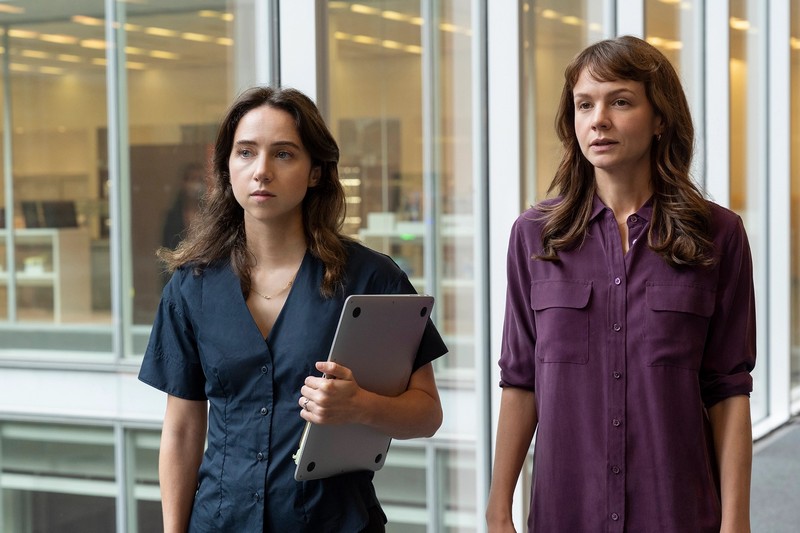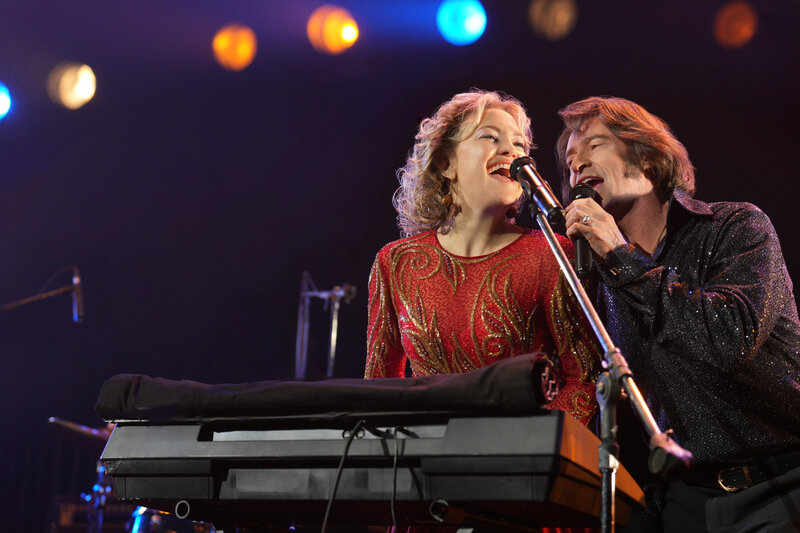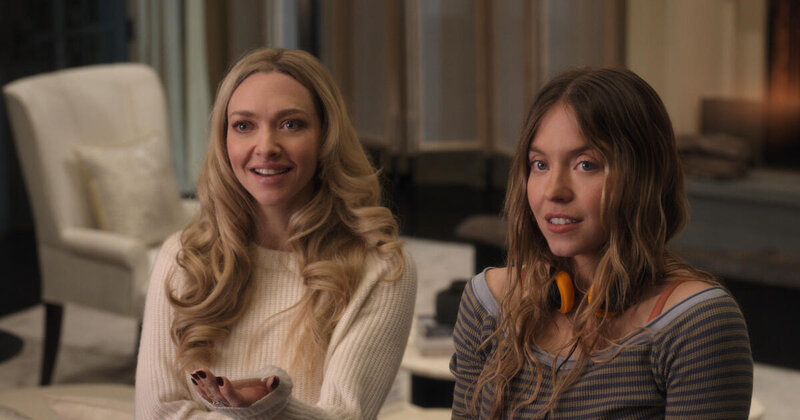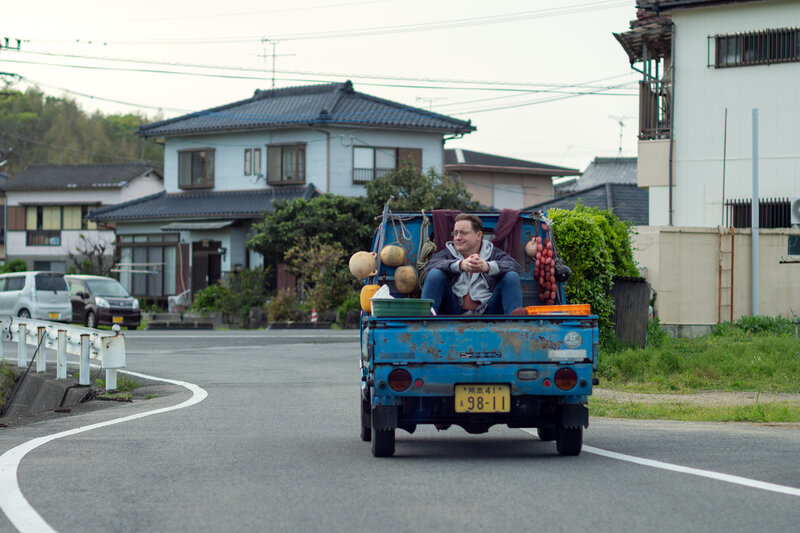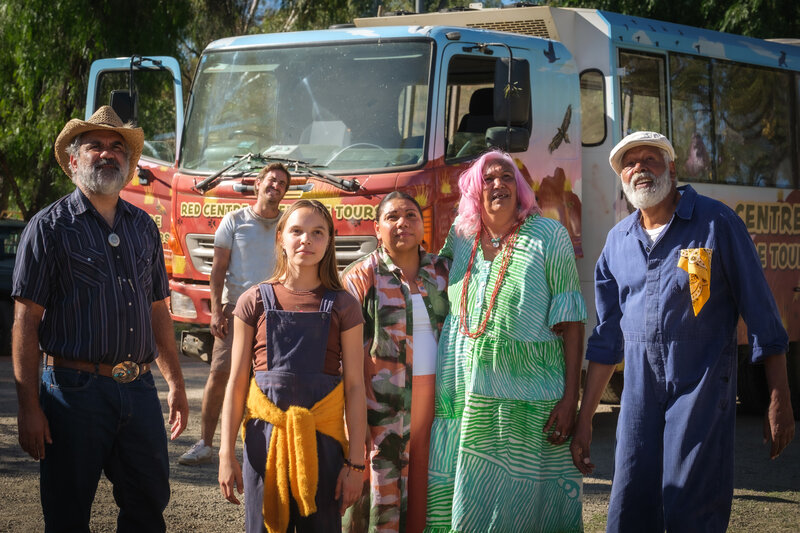Hollywood has a lot to answer for, and Maria Schrader’s She Said delves into one of its most high-profile scandals. The behaviour of Harvey Weinstein, the high-profile founder of Miramax, is now well-documented. But it wasn’t always so. Someone had to uncover the truth. The story was blown open by a New York Times investigation and the movie follows that investigation.
She Said is basically a movie about writing. And to paraphrase Frank Zappa, making cinema about writing is like dancing about architecture. Sure, you can do it, but is it really effective?

The film opens in 2016. Megan Twohey (Carey Mulligan) has just written about Donald Trump’s treatment of women, only for him to be elected President. She’s understandably disheartened, but not deterred. Then rumours begin circulating about widespread misconduct in Hollywood. NYT executive editor Dean Baquet (Andre Braugher) and enterprise editor Rebecca Corbett (Patricia Clarkson) think there’s enough to look into as part of a wider investigation into workplace misconduct. So they assign Twohey and go-getting reporter Jodi Kantor (Zoe Kazan) to the story. They soon find that their reporting is going to be more difficult than they expected. Most of the victims signed non-disclosure agreements preventing them from talking. But more than that, they’re terrified to go on the record because of the reprisals that could follow.
She Said has deep echoes to other films. It certainly aspires to Alan J Pakula’s All the President’s Men (1976). It also covers similar territory to Spotlight (2015), The Informer (1999) and – going even further back – His Girl Friday (1940). But in doing so, it essentially becomes just another iteration of those films. The setting might be topical, but as a piece of cinema, it felt a bit dated. It doesn’t help that the screenplay by Rebecca Lenkiewicz (who did terrific scripts for Ida and Disclosure) contains a lot of dialogue – including some very clunky exchanges. Schrader (I’m You Man) does plenty of telling, but not a lot of showing.
That said, the film has its compensations. It starts with probably the best opening scene in a film this year. Schrader and DOP Natasha Braier (The Neon Demon) deliver some exquisite images (a couple of scenes set in a restaurant are positively Baroque). The script adroitly examines not just the misconduct at issue but the system of enablers and legal machinations that allow it to continue. And I liked its use of (apparently) real audio recordings to relay significant events.
Carey Mulligan (Promising Young Woman) carries the film as Twohey and deliver her usual powerful performance. Zoe Kazan (The Big Sick) ably assists as Kantor, but her character isn’t treated so well by the script, being lumbered with much of the stilted dialogue. Patricia Clarkson similarly has to wrestle with some pretty ripe material as Corbett, while Andre Braugher fares rather better as the no-nonsense Baquet. Jennifer Ehle makes the most of a small role as one of the survivors; while Ashley Judd appears as herself in a piece of casting that’s either neat or odd, depending on your point of view.
She Said undoubtedly delivers an important message about speaking out about abuse. I also have no doubt it’ll be a contender come awards season. But I found its conventional approach distancing. The fact it draws on – or mimics – other films drains it of some of its potential impact. So while its themes are very relevant, the film ends up being like a reproduction of a famous painting – a beautiful object in itself, but not very original.
David Edwards
Other reviews you might enjoy:

David Edwards is the former editor of The Blurb and a contributor on film and television

